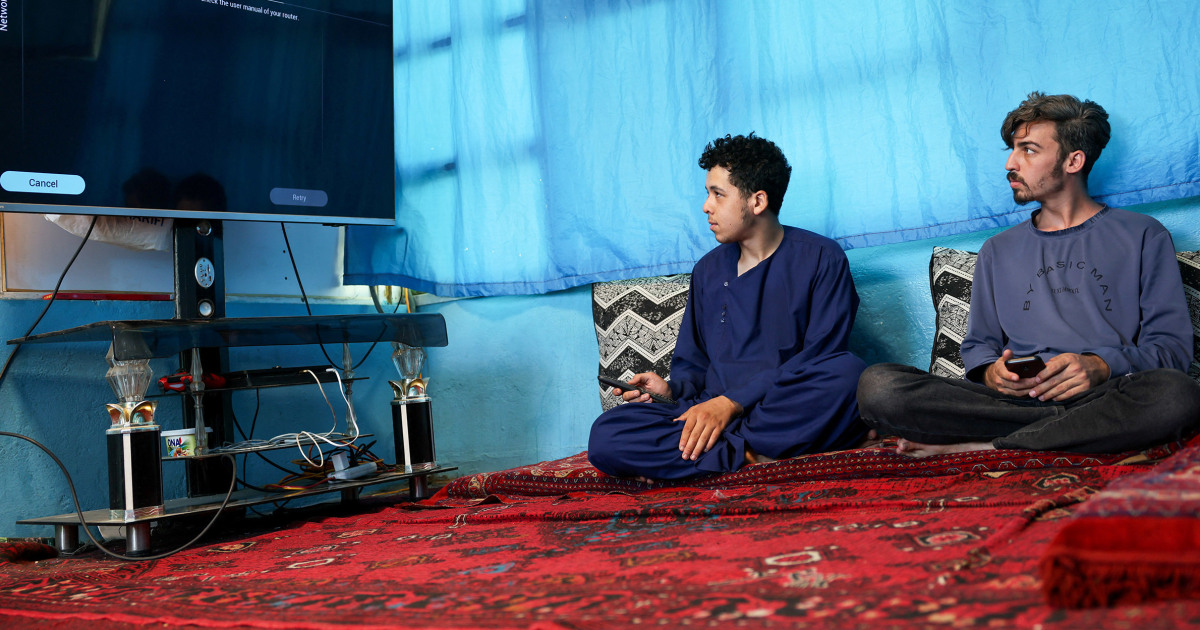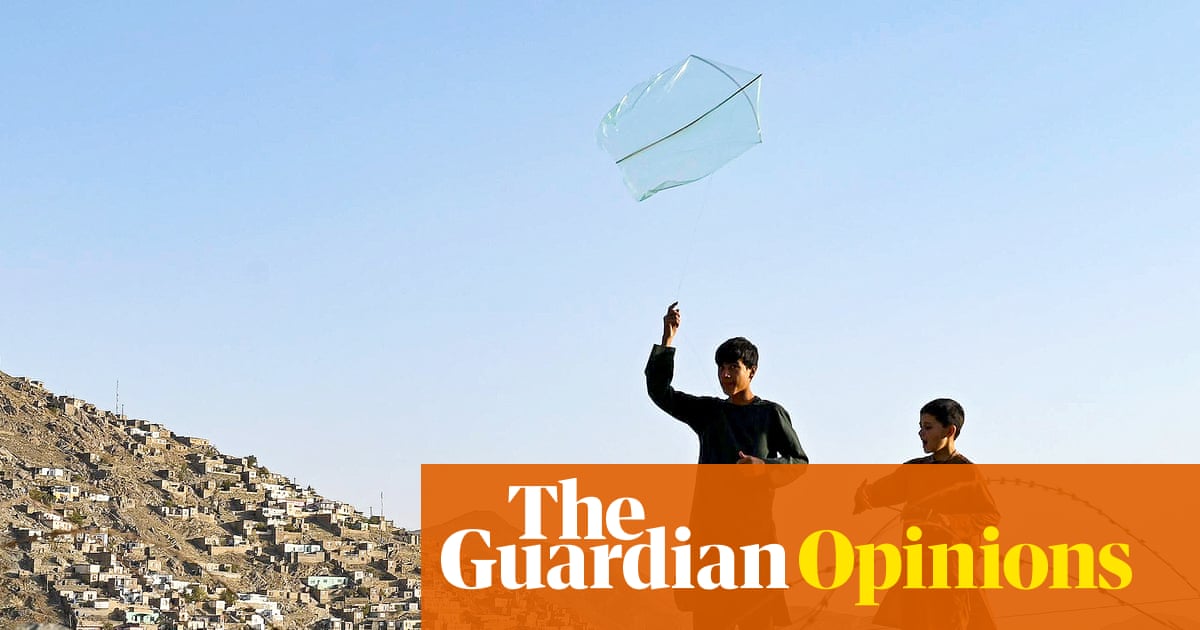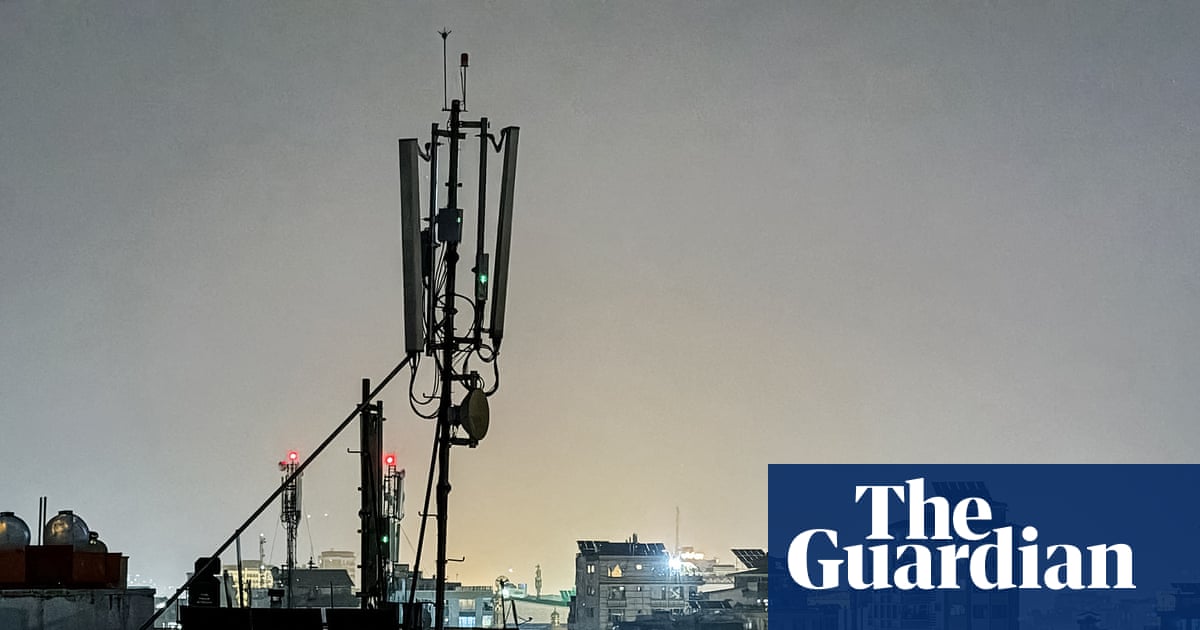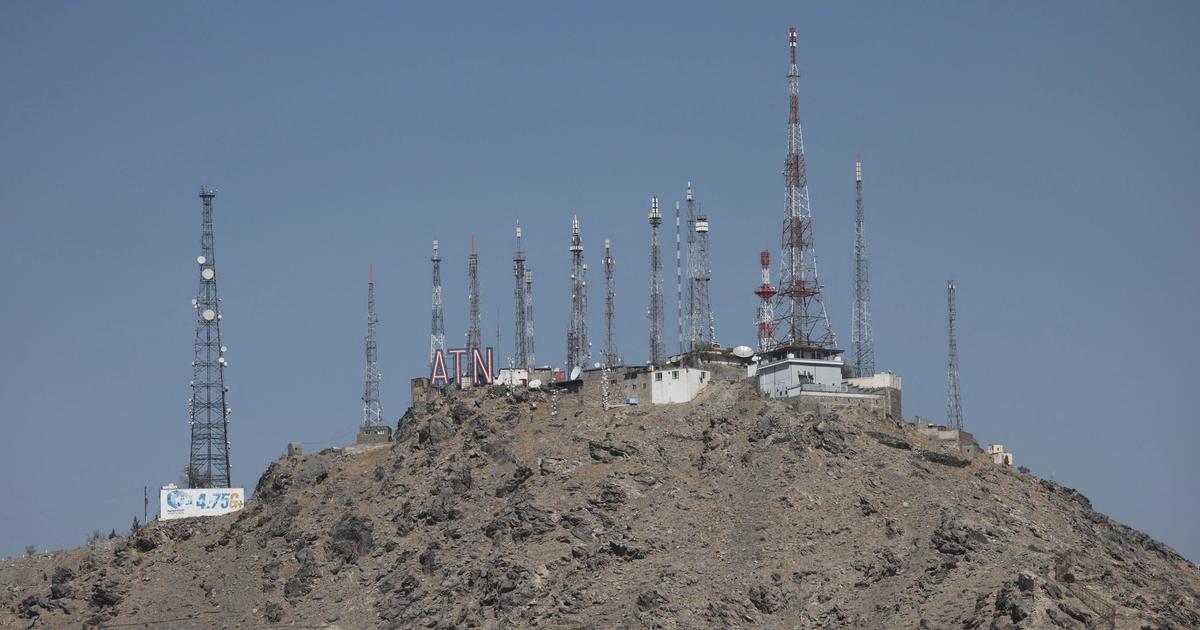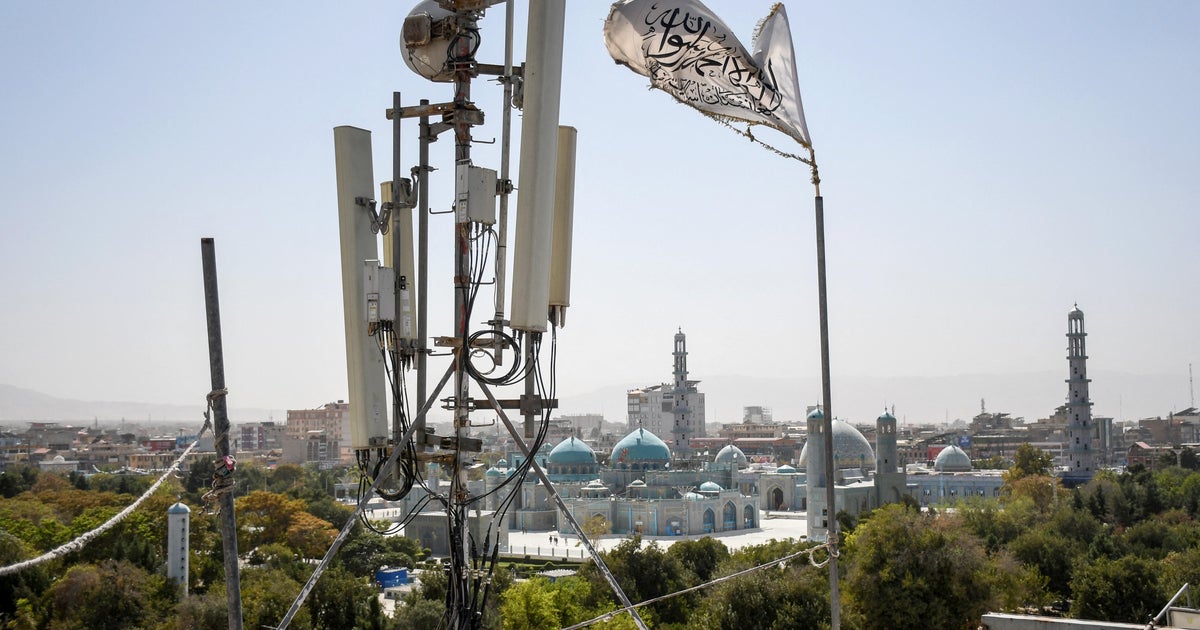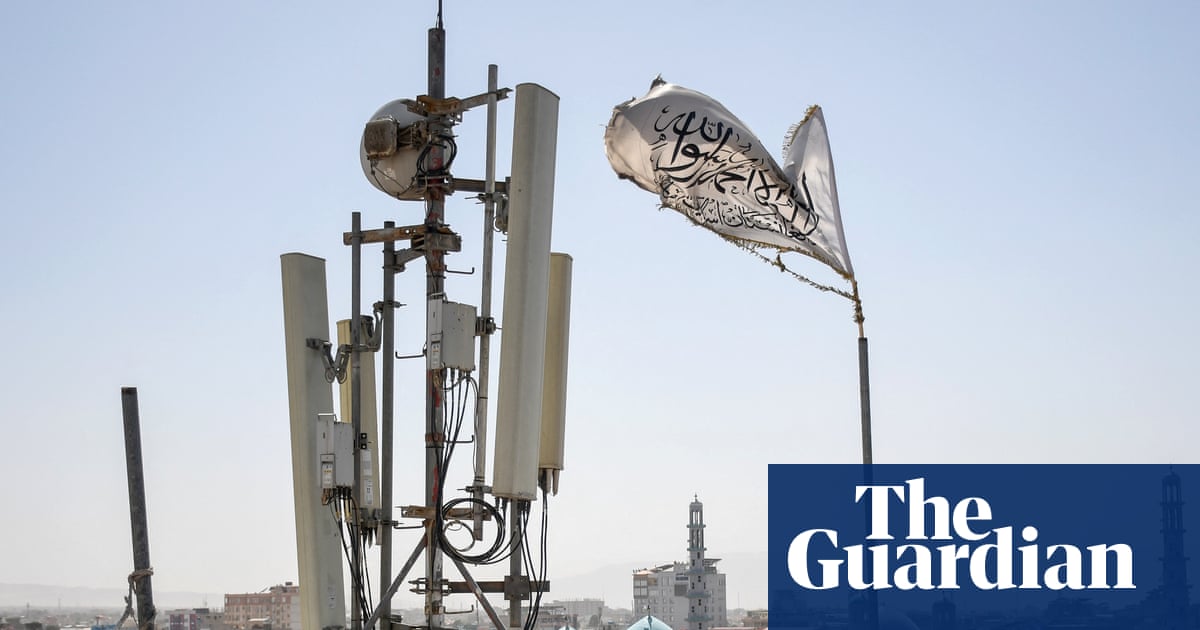Taliban Denies Nationwide Internet Ban Amidst Widespread Blackout in Afghanistan
The Taliban government denies a nationwide internet ban in Afghanistan, attributing disruptions to infrastructure replacement, despite widespread blackouts impacting banking, commerce, and humanitarian efforts, deepening isolation.
Subscribe to unlock this story
We really don't like cutting you off, but you've reached your monthly limit. At just $5/month, subscriptions are how we keep this project going. Start your free 7-day trial today!
Get StartedHave an account? Sign in
Overview
- The Taliban government in Afghanistan has publicly denied implementing a nationwide internet ban, despite widespread reports and ongoing connectivity issues across the country.
- They attribute the current disruptions to decaying fiber optic infrastructure undergoing replacement, addressing rumors of a deliberate ban on internet access.
- This denial comes despite previous reports of a decree from Taliban leader Hibatullah Akhundzada last month, which led to shutdowns in multiple provinces to combat immorality.
- The ongoing blackout has severely disrupted banking, commerce, and aviation, deepening Afghanistan's isolation and silencing those struggling to be heard, exacerbating existing crises.
- Aid officials and the UN continue to warn of major challenges, urging authorities to restore internet connections, as national connectivity remains critically low at 14% of normal levels.
Report issue

Read both sides in 5 minutes each day
Analysis
Center-leaning sources frame the internet blackout as a severe, oppressive act by the "hardline Islamist regime," emphasizing its devastating impact on ordinary Afghans, aid operations, and the country's stability. They highlight the resulting isolation and chaos, often contrasting the Taliban's denials with evidence of a deliberate "crackdown" on information and freedom.
Articles (11)
Center (8)
FAQ
The Taliban government has publicly denied implementing a nationwide internet ban, attributing the disruptions to deteriorating fiber optic infrastructure undergoing replacement rather than a deliberate shutdown.
The Taliban claim that the internet blackout is due to replacement and repair of decaying fiber optic infrastructure, though experts and reports point to a shutdown aimed at controlling communications under a decree by Taliban leader Hibatullah Akhundzada to combat immorality.
The blackout has severely disrupted banking, commerce, aviation, and humanitarian efforts, deepening the country's isolation and silencing vulnerable populations, including women, exacerbating existing crises.
Aid officials and the UN have warned of significant challenges due to the blackout, urging Afghan authorities to restore internet connectivity to prevent deeper humanitarian crises.
Women in Afghanistan are particularly impacted, as the internet was their critical link to the outside world and means for connection, and the blackout further isolates and silences them.
History
- 1M

 4 articles
4 articles
- 1M

 3 articles
3 articles

